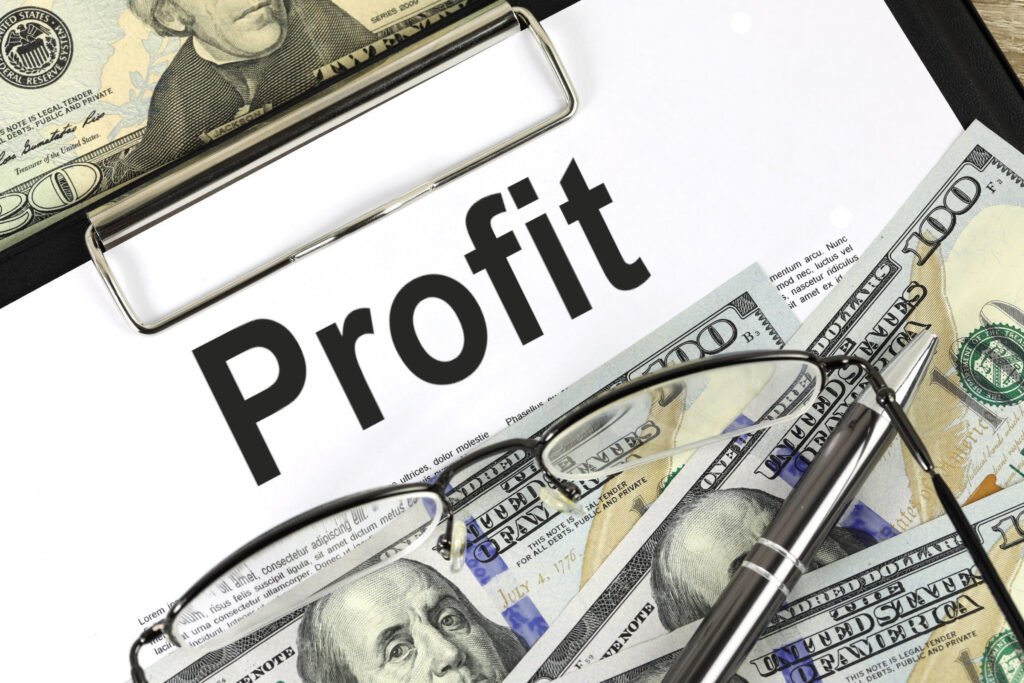Determination of Profit under Perfect Competition (Modern Theory)

Profit, like the reward of any other factor, is determined by the forces of demand and supply. This theory defines the entrepreneur as a business enterprise itself and profit as his net income. Profit as the reward of an entrepre- neur is governed by the demand for and supply of entrepreneurs.
Demand for Entrepreneurs
The demand for entrepreneurs depends upon the
(i) level of industrial development in the economy,
(ii) the element of uncertainty in the industry,
(ii) the scale of production, and
(iv) the marginal revenue productivity of entrepreneurship.
If the level of industrial progress is high, the scale of production is large, and efficiency and productivity increase. profits tend to be high and the demand for entrepreneurs rises in the economy. Similarly, if the element of uncertainty is high in the economy, there will be greater chances of earning high profits and the demand for entrepreneurs will also
for entrepreneurs.
In the case’of land, labour or capital, it is possible to calculate the marginal revenue productivity of anyone factor to a firm. The theory of marginal revenue productivity presupposes that the firm can demand even the smallest unit of a factor. But this is impossible with regard to the entrepreneur who is a fixed and indivisible factor. A firm can have only one entrepreneur. Or, at best, it can have more than one person sharing the entrepreneurial functions of management, uncertainty-bearing, etc. In an industry the amount of entrepreneurs varies with changes in the number of firms. The marginal revenue productivity curve of entrepreneurs is downward sloping like the ordinary demand curve. It is, therefore the demand curve of entrepreneurs. As the number of entrepreneurs increases in an industry, profit made by each will diminish. This is realis- tic because with the increase in the number of firms, output increases, prices fall which lead to the diminution of profit.
Supply of Entrepreneurs
The supply of entrepreneurs depends upon a number of factors. They are :
(i) the availability of capital,
(ii) the existence of managerial and technical personnel,
(iii) the size of population,
(iv) the number of entrepreneurs,
(v) the distribution of income.
(vi) the industrial experience, and
(vii) the condi- tion of society.
The size of population is another factor that influences entrepreneurship. The larger the size of population, the higher will be the demand for various products which will attract more people to entrepreneur- ship, and the supply of entrepreneurs will increase. If the number of entrepreneurs is already large in an industry, profits may be low and the supply of entrepreneurs to this particular industry may be retarded for some time. However, in the long-run the supply of entrepreneurs may increase for the economy as a whole when the sons and relatives of also enter as entrepreneurs in the same or in some new venture. This may be due to experience through heredity or otherwise working under efficient entrepreneurs. On the contrary, if neople are very cautious and fear to undertake uncertainties People and risks, the supply of entrepreneurs will be low because the low profit expectations. On the other hand, in case of some hat equal distribution of income, the entrepreneurs will not be earning high profits and their supply will be less. It also includes political stability, economic conditions and legal framework in the society. retard the supply of entrepreneurs while a helping attitude in the form of low taxes, credit facilities, etc. encourages the supply of entrepreneurs. In all these causes discussed above, we find that the supply of entrepreneurs will Supply of Entrepreneurs inçrease with higher profits and decrease with lower profits.


